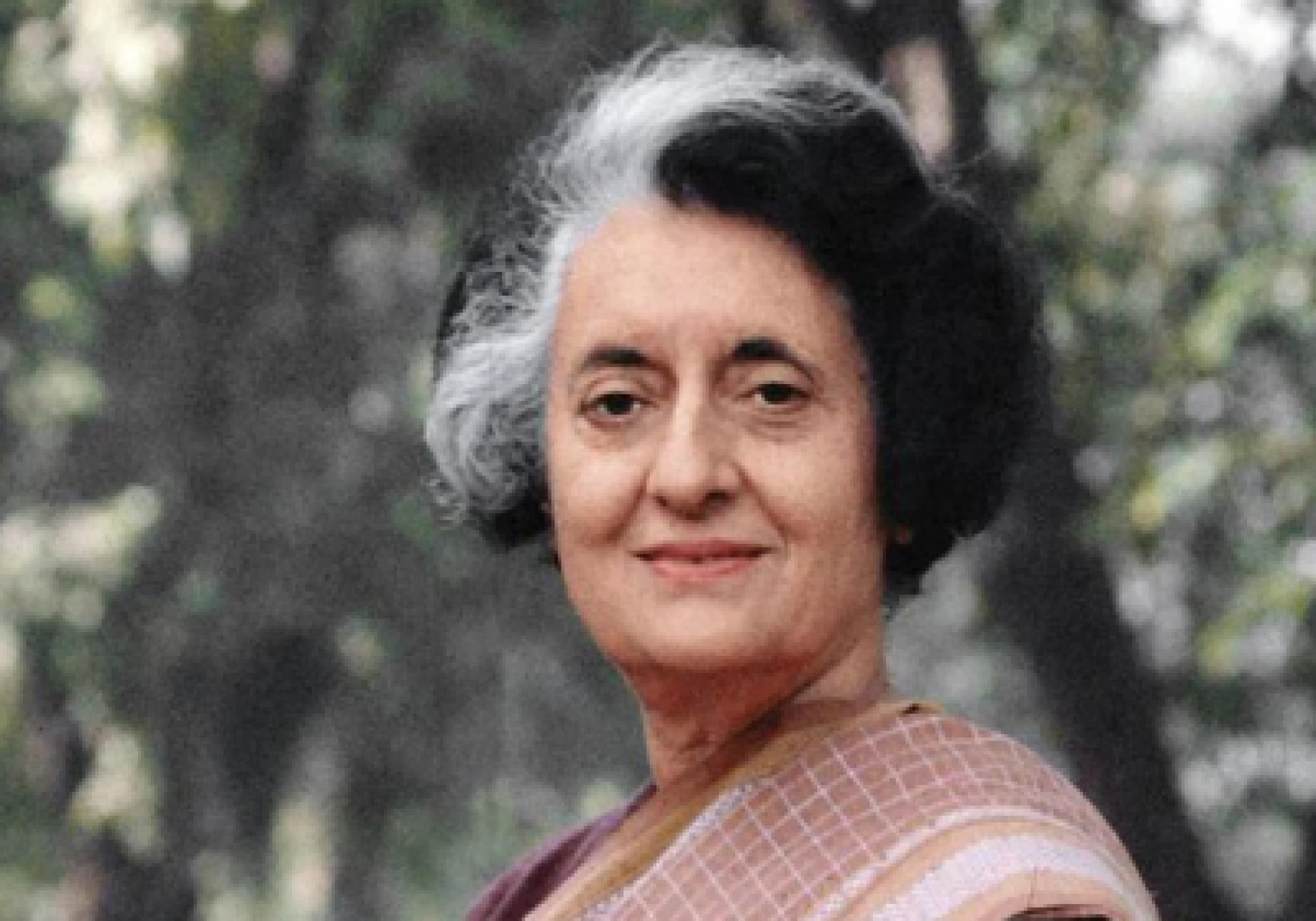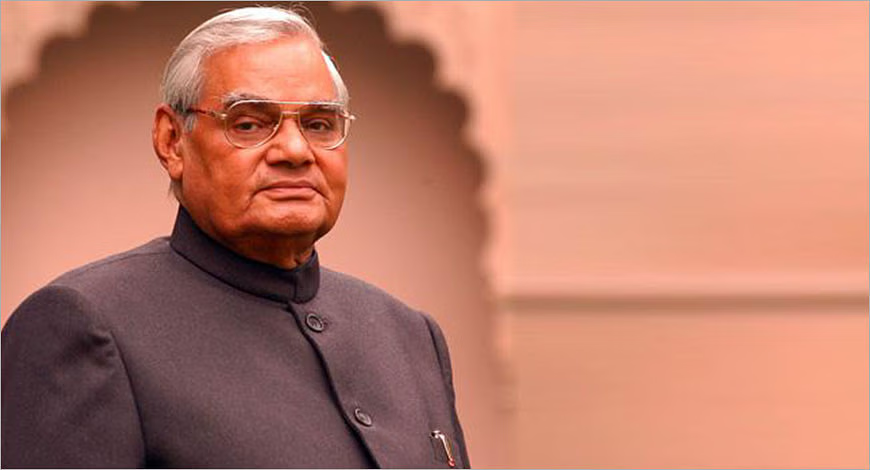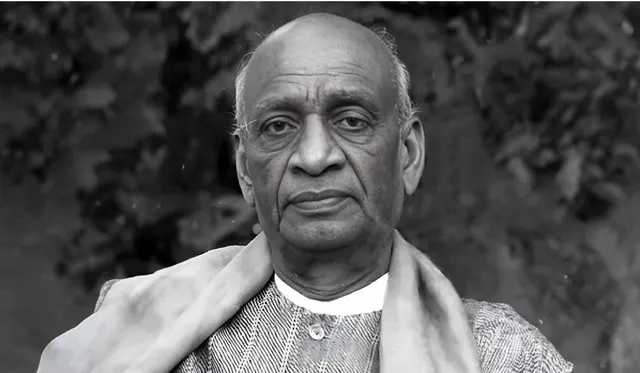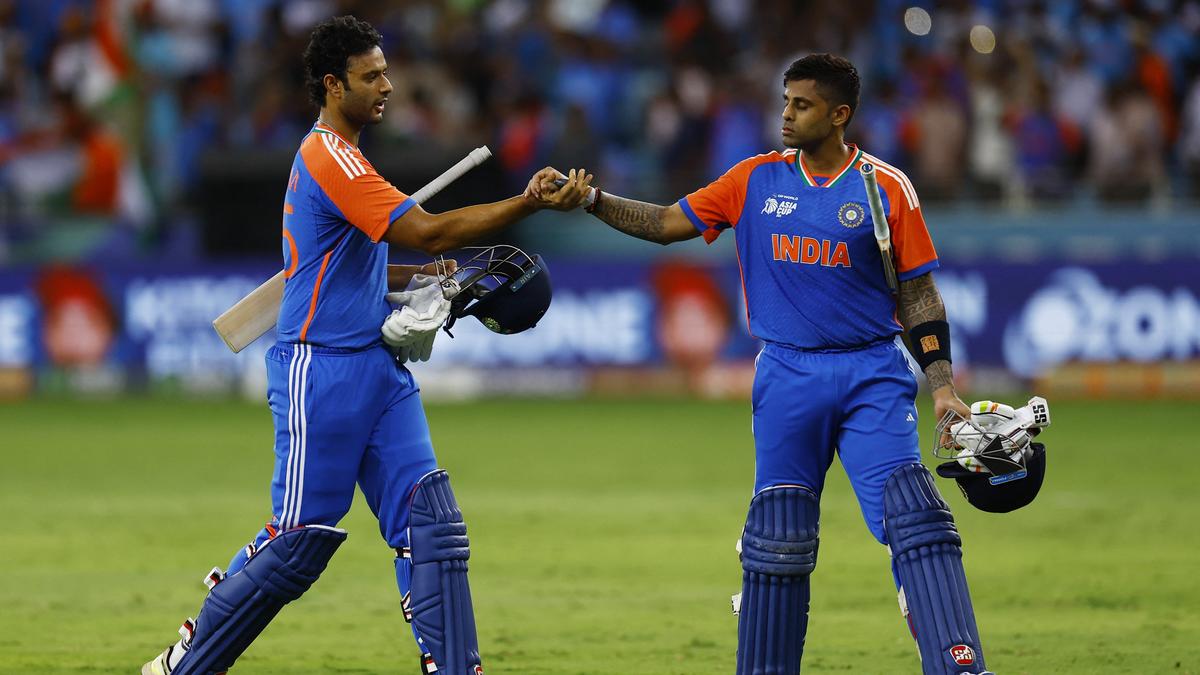Omar Abdullah Biography: Life, Political Journey, Achievements, and Legacy
Introduction
Omar Abdullah, one of the most prominent leaders of Jammu and Kashmir politics, served as the 11th Chief Minister of J&K from 2009 to 2015. Belonging to the powerful Abdullah family, he represents the third generation of leadership in the Jammu and Kashmir National Conference (JKNC). Known for his youthful energy, articulate speeches, and modern outlook, the Omar Abdullah Biography reflects the journey of a leader who tried to balance tradition with modern governance in one of India’s most sensitive regions.
Personal Information
- Full Name: Omar Abdullah
- Date of Birth: 10 March 1970
- Birthplace: Rochford, Essex, United Kingdom
- Nationality: Indian
- Zodiac Sign: Pisces
Physical Appearance
- Height: 5 feet 10 inches (178 cm)
- Weight: Approx. 72 kg
- Hair Color: Salt & Pepper
- Eye Color: Dark Brown
- Build: Slim
Early Life and Childhood
Omar Abdullah was born in Rochford, Essex (UK), to Farooq Abdullah (former CM of J&K) and Mollie Abdullah. His grandfather, Sheikh Abdullah, was one of the tallest leaders in Kashmir’s history. Growing up in a political family, Omar was exposed to governance and public service from an early age.
Education
- Completed schooling at Burn Hall School, Srinagar and Lawrence School, Sanawar.
- Earned a Bachelor’s degree in Commerce from Sydenham College, Mumbai.
- Briefly pursued an MBA at the University of Strathclyde, Scotland, before entering politics.
Professional Career Before Politics
Before stepping into politics, Omar worked briefly in the corporate sector with the ITC Group and later with The Oberoi Group of Hotels. However, politics soon drew him back due to his family’s legacy.
Entry into Politics
Omar Abdullah entered politics in 1998, when he was elected as a Member of Parliament from Srinagar at just 28 years old. This made him one of the youngest MPs in India at the time.
Rise in National Politics
- Served as Union Minister of State for Commerce and Industry (1999–2001) in the Atal Bihari Vajpayee government.
- Later became Minister of State for External Affairs (2001–2002).
- Gained recognition for his articulate speeches and youthful leadership.
Chief Minister of Jammu & Kashmir
Omar Abdullah became the Chief Minister of J&K in January 2009 at the age of 38, making him one of the youngest CMs in India.
Key Focus Areas During Tenure (2009–2015):
- Improved governance and transparency.
- Emphasized education, tourism, and infrastructure.
- Introduced e-governance systems in the state.
- Promoted employment schemes for Kashmiri youth.
Despite his efforts, his tenure was overshadowed by frequent protests, militancy issues, and political instability.
Major Achievements
- One of India’s youngest Chief Ministers.
- Modernized governance with IT-driven reforms.
- Advocated for peace and dialogue in Kashmir.
- Strengthened JKNC as a youth-friendly political party.
Challenges and Criticism
- Faced widespread protests in 2010 that challenged his governance.
- Criticized for being unable to fully control militancy and unrest.
- Accused of being disconnected from grassroots Kashmiris due to his elite upbringing.
- Post abrogation of Article 370 (2019), Omar was detained under PSA for several months.
Personality and Leadership Style
Omar Abdullah is known for his modern, pragmatic, and youthful approach to politics. Unlike traditional Kashmiri politicians, he presents himself as a reformist and tech-savvy leader, though critics say he sometimes lacks mass connect compared to his father and grandfather.
Legacy and Impact
The Omar Abdullah Biography reflects the story of a leader caught between tradition and modernity. While his legacy is mixed due to challenges in governance, he remains an influential voice in Kashmir’s political discourse. His leadership ensures that the Abdullah family remains central to Jammu & Kashmir politics.





